Twenty-year-old Chizu is feeling disaffected enough when her mother leaves for a job in China. She becomes even more so when she finds out who she’s been sent to live with: seventy-year-old Ginko, a distant relative who might as well be a stranger. “She looks like she’s barely got a week to live,” thinks Chizu.
Nanae Aoyama’s short novel (originally published in Japanese in 2007) unfolds over the course of a year. It’s divided into sections according to the seasons, giving the impression of a cycle rather than relentless forward momentum – a period of slow change and renewal.
Chizu is unsure how she wants to be in life, which leads her to put emotional distance between herself and others:
I’d have liked to stay young, to lead a quiet life sheltered from all the drama of the world. But it seemed that wasn’t an option. I was braced for my fair share of hardship. I wanted to try being an ordinary person, living an ordinary life. I wanted to become as thick-skinned as possible, to turn myself into someone who could survive anything.
Translated from Japanese by Jesse Kirkwood
During the novel’s year, Chizu drifts in and out of relationships and jobs. She seems surprised to discover that Ginko has a life, even love, of her own. But living with Ginko changes Chizu. It’s not so much that the two become close, more that seeing Ginko live her life opens space for Chizu to view her own life differently. When the year turns, there is finally a sense that Chizu can move forward positively.
Published by MacLehose Press.



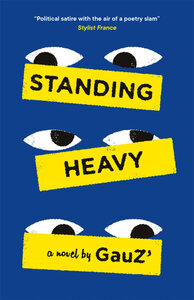

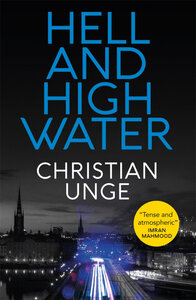

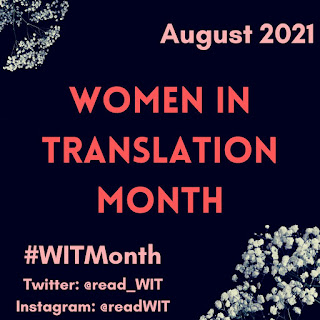
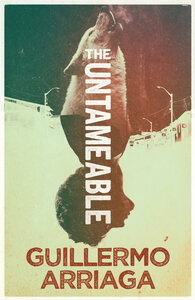
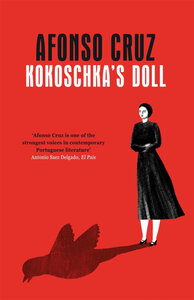
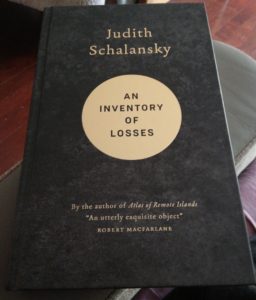
Recent Comments